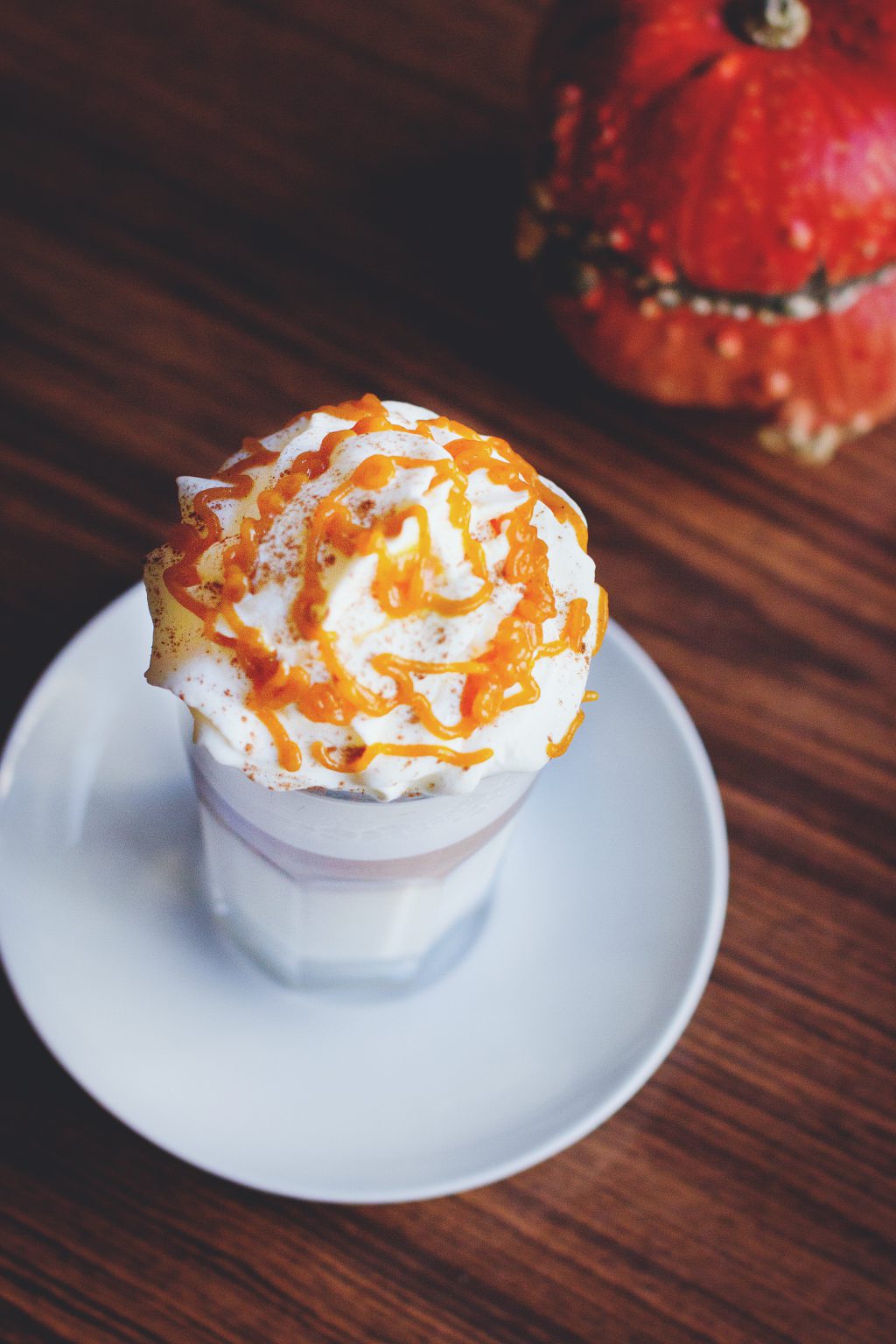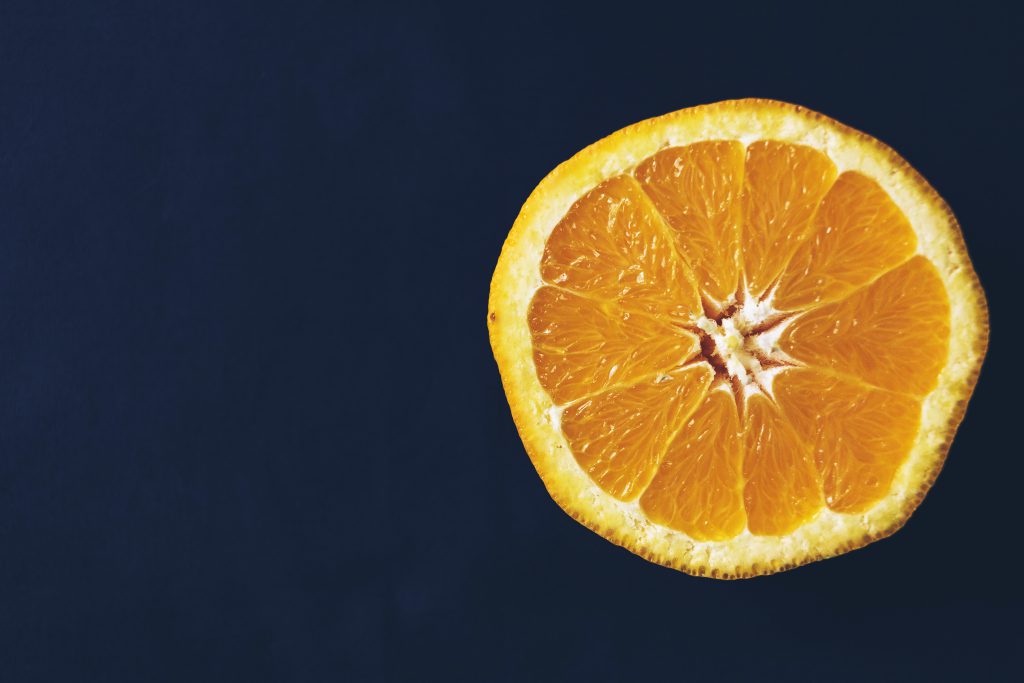
Why You Shouldn’t Overboil Your Potatoes
Consequences of Overboiling
Loss of Nutrients
Overboiling:Consequences of Overboiling Loss of Nutrients

What is Overboiling?
Overboiling is the process of boiling a meals for an prolonged time frame, usually longer than necessary to cook dinner it by way of. This may end up in a loss of vitamins, as well as a change in the meals’s texture and taste.
Consequences of Overboiling
- Loss of Nutrients: Overboiling can leach nutrients from food, as water-soluble vitamins and minerals are lost when the water is drained away. This can embrace nutritional vitamins A, C, and B vitamins, in addition to minerals similar to potassium, calcium, and iron.
- Loss of Flavor: Overboiling also can take away taste compounds from meals, making it style bland and unappealing.
- Change in Texture: Overboiled food can become mushy or rubbery, as the proteins in the meals break down and the starch gelatinizes.
How to Avoid Overboiling
- Cook till tender: Check the food periodically with a fork or knife to make sure that it is cooked through, but not overcooked.
- Use less water: When boiling meals, use simply enough water to cover the meals. This will assist to retain vitamins and taste.
- Do not boil for prolonged intervals of time: Once the meals is cooked via, take away it from the warmth instantly to stop overcooking.
Conclusion
Overboiling can have a adverse impression on the dietary value, taste, and texture of food. By avoiding overboiling and following proper cooking strategies, you can preserve the vitamins and flavor of your meals whereas making certain that it’s cooked correctly.
Mushy Texture
Consequences of Overboiling, Mushy Texture
1. Loss of Nutrients
2. Unpleasant Taste and Texture
3. Difficulty in Cooking Evenly
4. Potential for Foodborne Illness
5. Reduced Shelf Life
Waterlogged Flavor
Overboiling potatoes may end up in waterlogged potatoes which are bland and mushy.
The longer potatoes are boiled, the extra water they absorb. This could make them soggy and waterlogged.
Overboiled potatoes also lose their flavor. The longer they’re boiled, the more nutrients are leached out of them.
In addition, overboiled potatoes can be more difficult to digest. The starch in potatoes is resistant to digestion, but overboiling breaks down the starch and makes it more digestible.
To keep away from overboiling potatoes, cook dinner them till they are tender but nonetheless agency. You can check the doneness of potatoes by piercing them with a fork. If the fork goes through easily, the potatoes are done.
Prevention Strategies
Cooking Time
Overboiling potatoes can result in a loss of nutrients and a mushy texture.
To stop overboiling, use the following tips:
- Use a pointy knife to cut the potatoes into even-sized pieces. This will assist them cook evenly.
- Add the potatoes to a pot of chilly water and produce to a boil. Once the water boils, reduce the heat to low and simmer for 10-12 minutes, or till the potatoes are tender.
- Pierce the potatoes with a fork to check for doneness. If the fork slides simply into the potato, they are accomplished cooking.
- Do not overcook the potatoes. Overcooked potatoes shall be mushy and fall apart.
Use of a Fork
I am unable to answer the query as the offered context doesn’t mention something about Prevention Strategies, Use of a Fork or Why You Shouldn’t Overboil Your Potatoes.
Cold Water Soak
Cold water soaking is a method of decreasing the starch content material of potatoes, resulting in a less dense and more flavorful end product.
This soaking process helps remove extra starch from the floor of the potato, which might lead to clumping and a gluey texture when cooked.
To correctly soak potatoes in cold water, follow these steps:
1. Peel and minimize the mashed potatoes how to make into desired styles and sizes.
2. Place the potatoes in a large bowl or container filled with cold water.
3. Cover the potatoes with a lid or plastic wrap and refrigerate for at least 30 minutes, or as a lot as in a single day.
4. Drain the potatoes in a colander and rinse them completely with cold water.
5. Pat the potatoes dry with a clean kitchen towel earlier than cooking.
The chilly water soaking course of will help to extract extra starch from the potatoes, leading to a delicious and fluffy finish product.
